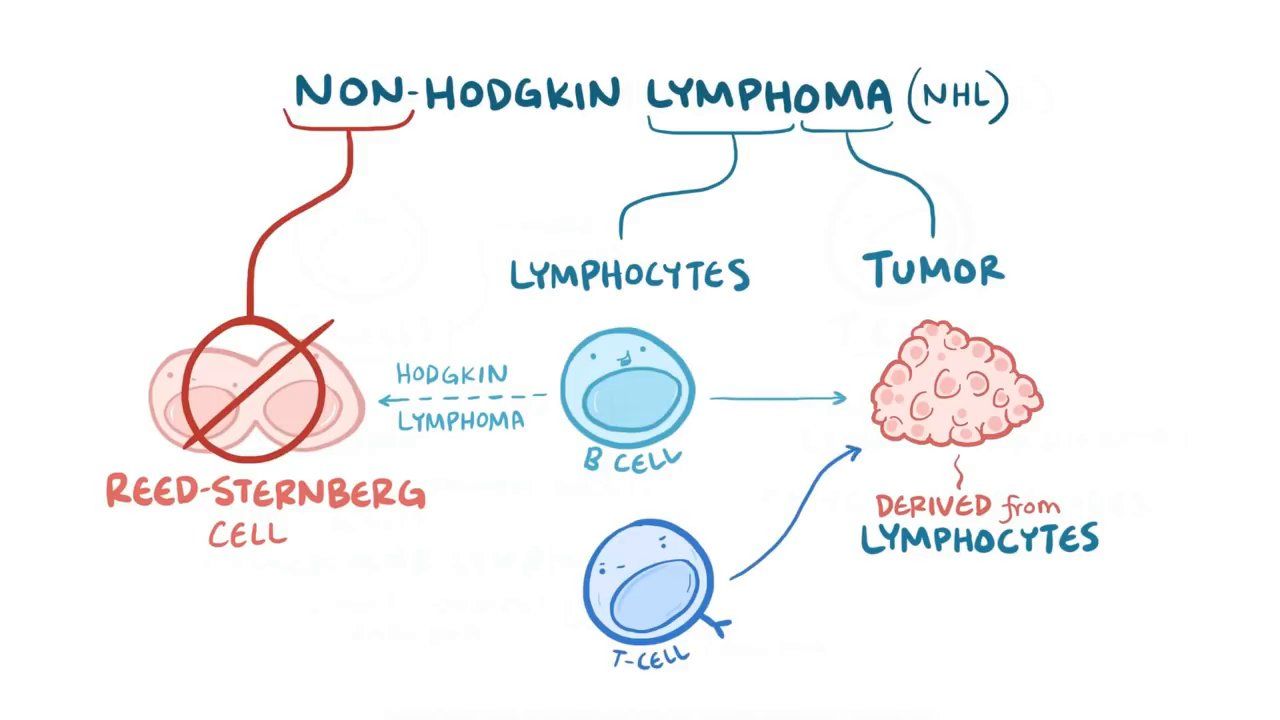Clinical Trial Assignment
The objective of the trial is to evaluate the effectiveness, viability, and safety of treating patients with B-cell non-Hodgkin lymphoma who have relapsed or persistent disease with autologous T cells that express a chimeric antigen receptor (CAR) targeting both CD19 and CD20 (NHL). This study is an experimental research because it is a clinical trial. The research method entails removing T cells from patients, altering them to express CAR targeting CD19 and CD20, and then re-injecting the modified T cells into the patients. The protocol for this study includes two phases: a dose-escalation phase in which various doses of CAR T cells are administered to patient groups to ascertain the possible to fully dose, and an expansion phase in which additional patients are treated at the maximum dose dose to evaluate the safety and effectiveness of the therapy.
Medical oncologist Dr. Nirav N. Shah, of the Medical College of Wisconsin Cancer Center, is the study’s principal investigator. The team is made up of medical professionals from Froedtert Hospital, the Medical College of Wisconsin, and research coordinators. The National Cancer Institute (NCI) and the Blood Research Institute of the BloodCenter of Wisconsin have provided funding for the project, which is sponsored by the Medical College of Wisconsin Cancer Center.
The study is currently enrolling participants as of the most recent update on December 20, 2021. The Institutional Review Board has approved the study after it underwent review by the US federal government’s National Institutes of Health (NIH) (IRB). T cells from the patient’s blood are taken, modified to express the CAR, and then infused back into the patient as part of the study’s procedures. After the infusion, patients will undergo up to 24 months of safety and effectiveness monitoring.



